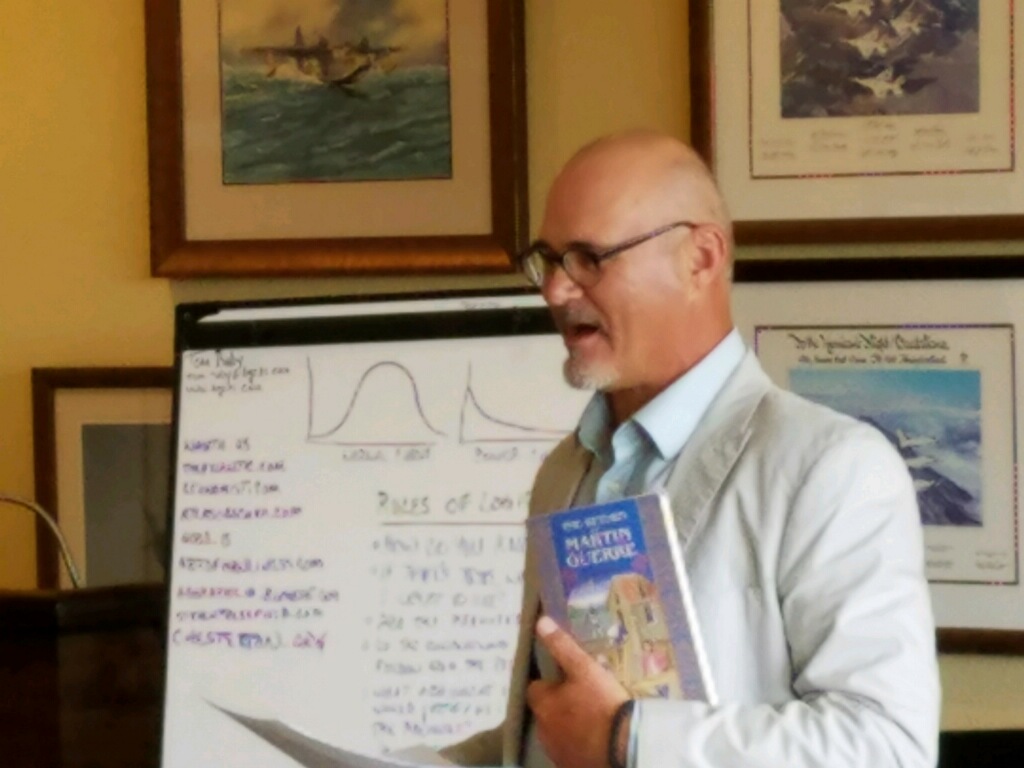Last week we talked about preparing your mind daily. We discussed the importance of staying at your level of responsibility, avoiding the pitfalls of reverting to being a doer if your job is to lead. Discipline in time management, keeping your inbox clean and walking around were key points in keeping your head above the fray.
But why? Why not focus on what’s happening today? Because your job as a leader is to think about the long haul. Your job is to provide clarity of vision to your organizations, to reinforce that clarity every chance you have, and to design your organizations to meet your vision. Rather than asking what can we do with what we have, you have to carefully craft what you have into the organization that will get you to your end point.
To that end, you must accept that the vision you want to achieve out there in the future will be shaped by events, people, and technologies that do not exist or are not prevalent today. Those businesses that learn about, adapt, and embrace new technologies and methodologies are the ones who will succeed while others fight against the tide. Most senior leaders today are old enough to remember those who swore they’d never use a computer or mobile device for work. That is why you must encourage innovation in your business and set the example by keeping up with what leading thinkers are thinking yourself. You don’t have to be able to solve Fermat’s Last Theorem, but as a senior leader, you ought to know something about math if your company depends on encryption to protect your finances, or power distance indexes if your business depends on international trade.
There will always be adversity on the long road to achieving your vision. The questions isn’t whether it will come, but how you will handle it. If you can’t get free from 1,000 emails in your inbox and endless meetings, you will never foresee the bumps in the road, let alone be able to deal with them when they come. But when you are focused on the future and think about all possible issues and keep up with the latest thinking, you will be better prepared to meet adversity head on instead of waking up with an ice pack on your head and wondering what happened. And the confidence you show in meeting that adversity will flow downwards through your organization and help your people be their best in overcoming obstacles on the road to your vision.
Keep reading. Find a scientist to talk to. Download a podcast on a subject you don’t know anything about. Then make the connections to your business.






Leave A Comment